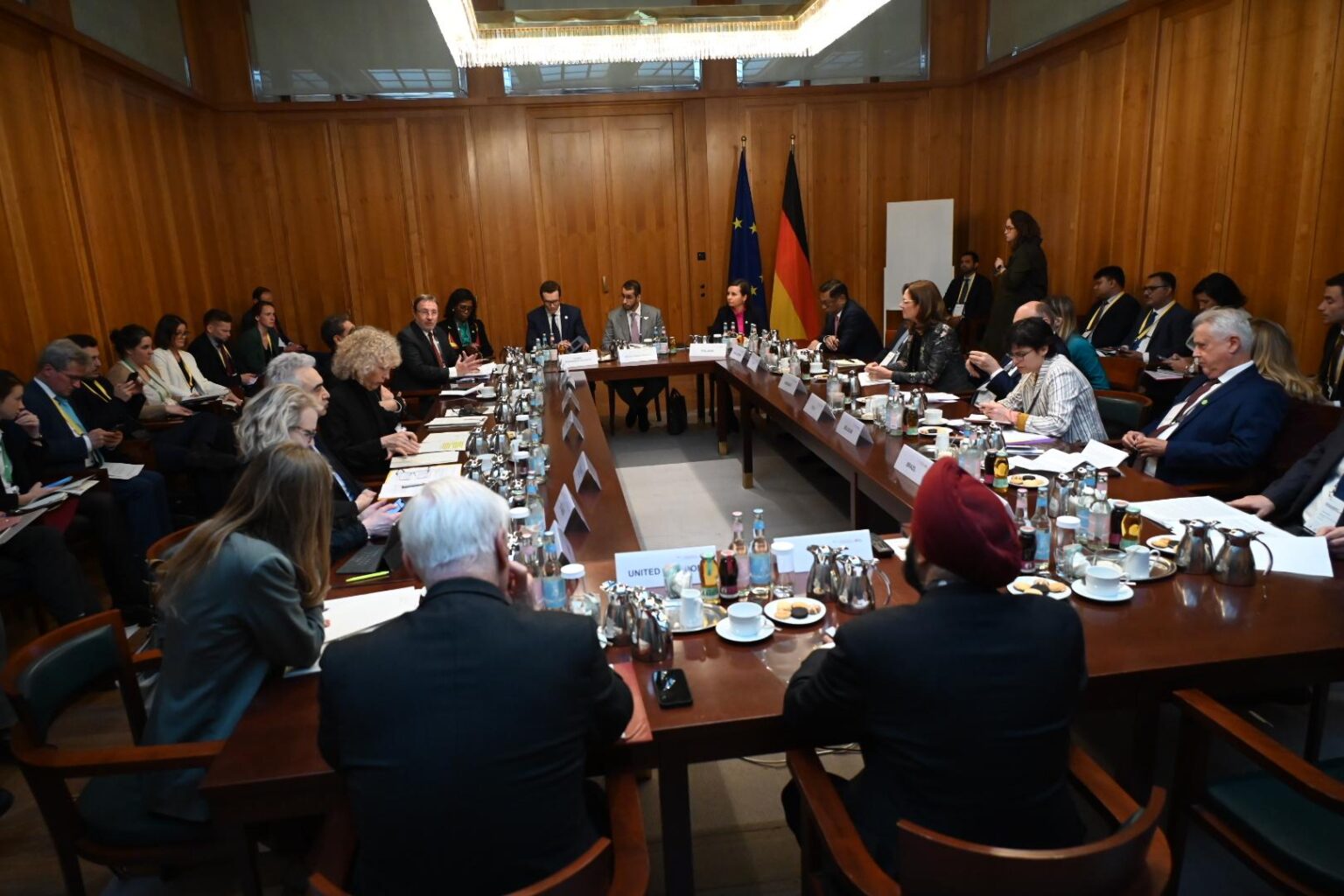Derusification of the Schwedt refinery is still on the table. This solution is safer and deprives the Russians of impact on the oil sector between Poland and Germany – writes Wojciech Jakóbik, editor-in-chief at BiznesAlert.pl.
Oil supplies from Kazakhstan to Germany through the Friendship Pipeline are possible only with Russia as a proxy. The Jamestown Foundation warns that the Russians are already blocking the development of this supply route. The alternative is cooperation with Poland and Orlen.
The oil from Kazakhstan may be physically Russian, of which BiznesAlert.pl was first to inform. Either way, the oil reaches Germany legally, which as of the end of 2022 has made it possible for Berlin to stop importing from Russian companies. Germany is in talks with Kazakhstan to increase supplies.
In March, Kazakhstan’s Energy Minister Almasadam Satkaliyev announced his readiness to increase supplies to Germany from 1.2 to 2 million tons per year due to the interest of German companies. However, the agreement between Kazakhstan’s KazMunaiGas and Russia’s Rosneft for supplies to the Schwedt refinery in East Germany, extended in February, is only for 100,000 tons per month.
Deliveries from Kazakhstan are particularly important for the Schwedt refinery, in which the Russians still hold stakes controlled by the German government through a trusteeship. Germany and Russia agreed that instead of expropriating Rosneft, the Russian company itself will find a buyer for 54 percent of the shares, despite the interest of Orlen. Germany continues to use the Friendship pipeline, although the Poles offered to increase Kazakh supplies through their naftoport after the derusification of Schwedt.
However, the route through Russia may be in danger. „As the year went on, it became clear that Astana was exporting oil to Germany on short-term contracts renewed every six months, revealing long – term instability,” the Jamestown Foundation warned. „These parties cannot commit to a longer or larger deal, because the Kremlin can block the supply of Kazakh oil at any time,” the Foundation said. That is why the future of Kazakh oil supplies to Germany depends on the decision at the Schwedt refinery.
The Russians warned that the expropriation of Rosneft in Schwedt could lead to the cessation of supplies through the Friendship Oil Pipeline. Rosneft’s search for a buyer will save the supplies, but the alternative is to abandon Friendship in favor of the Polish naftoport and cooperate in Schwedt with Orlen. For now, Germany has chosen the soft option. However, they reserve the right to a hard option. Poles still expect derusification, without which there will be no supplies through the naftoport for Rosneft Deutschland.
Germany’S RBB24 said expropriation „remains on the table.” There is also a lot of money at stake. Ralf Schreier, the CEO of PCK, estimated that the new shareholder of the refinery would have to spend about 200 million euros on investments in the development of the facility. The facility has high sulfur emissions, which Aleksandra Fedorska wrote about in BiznesAlert.pl. However, it is worth comparing this amount with PLN 3 billion spent by Orlen on the installation for deep processing at the Mažeikiai (in Lithuania – ed.) refinery to understand that this transaction is within Poland’s capabilities. In return, Poles would receive oil cooperation and security of supply on both sides of the Oder.









